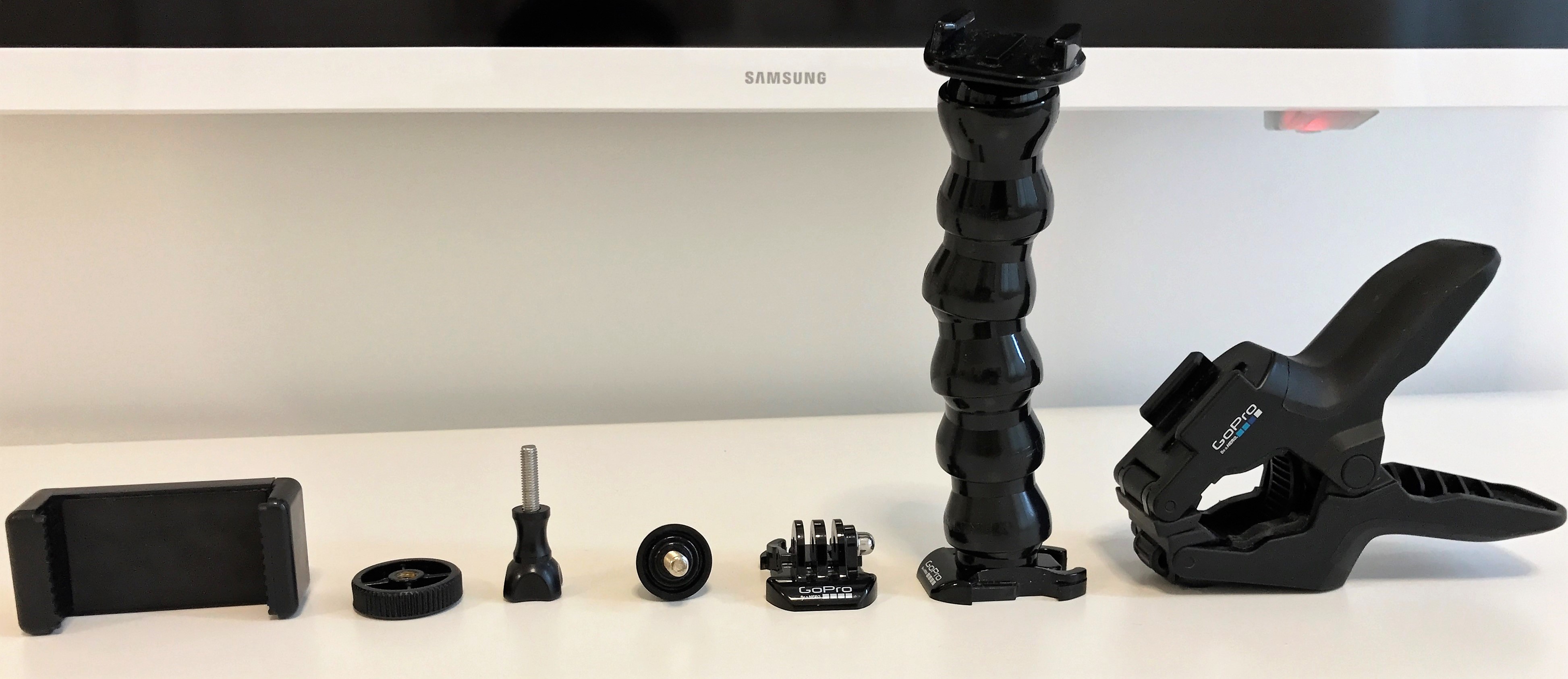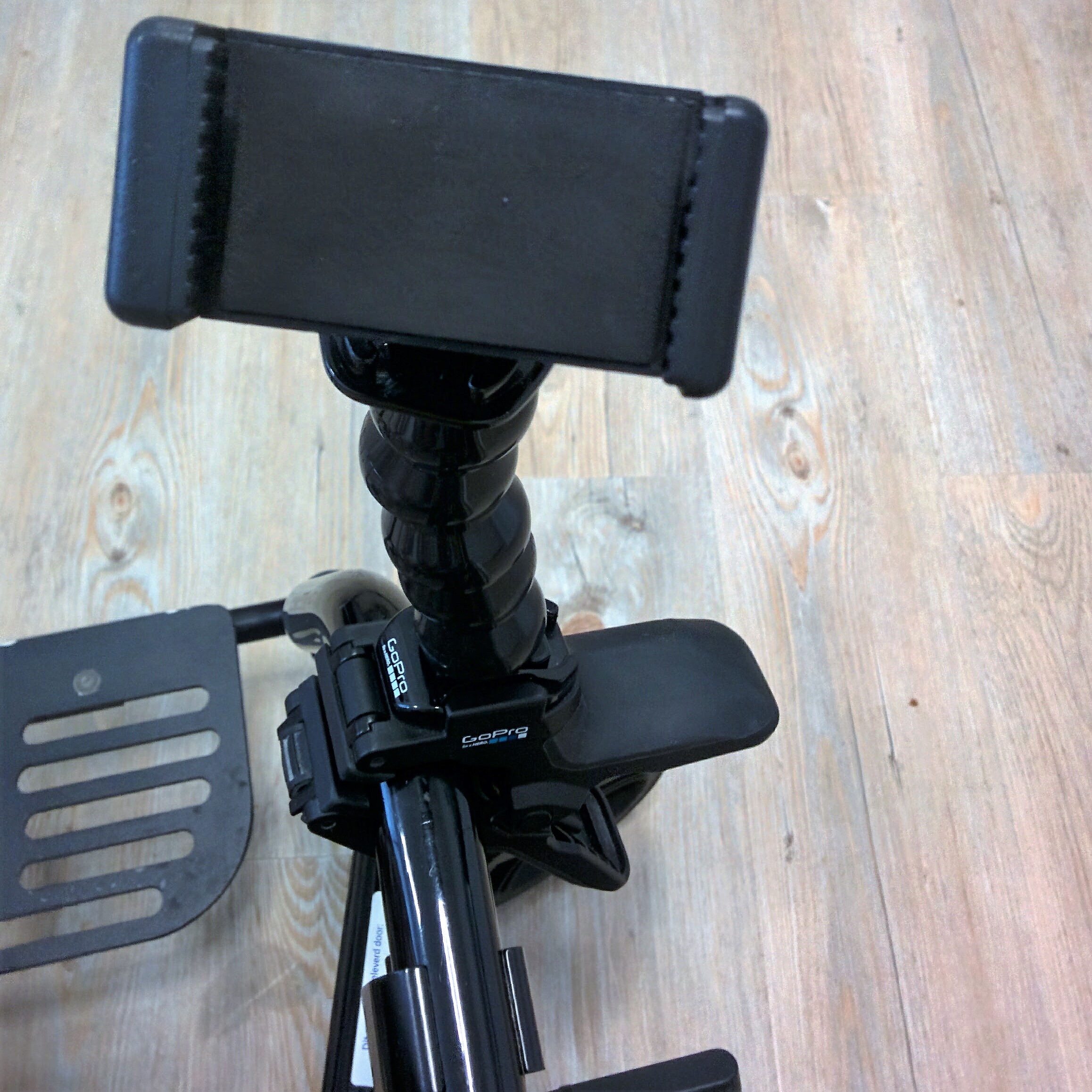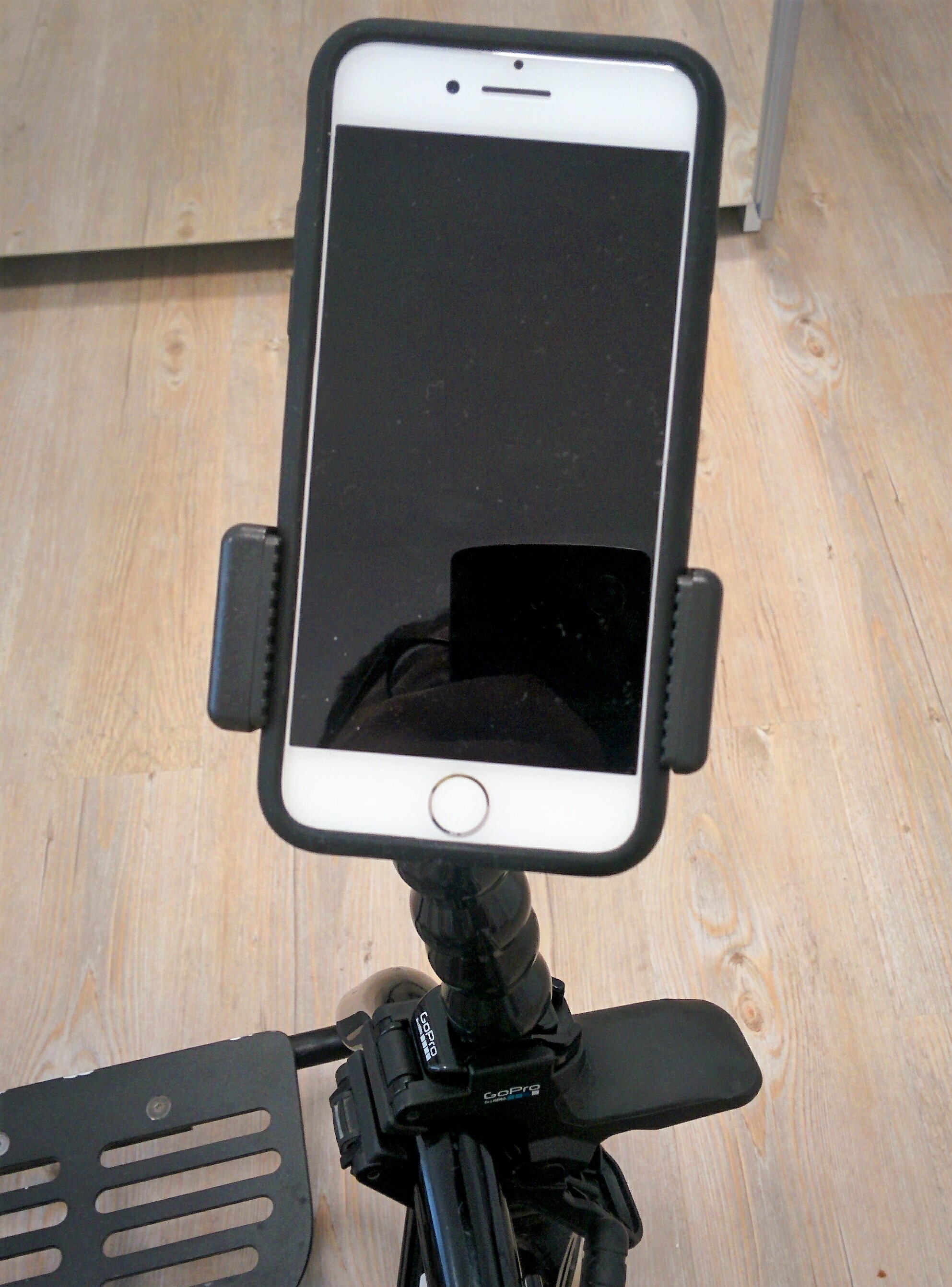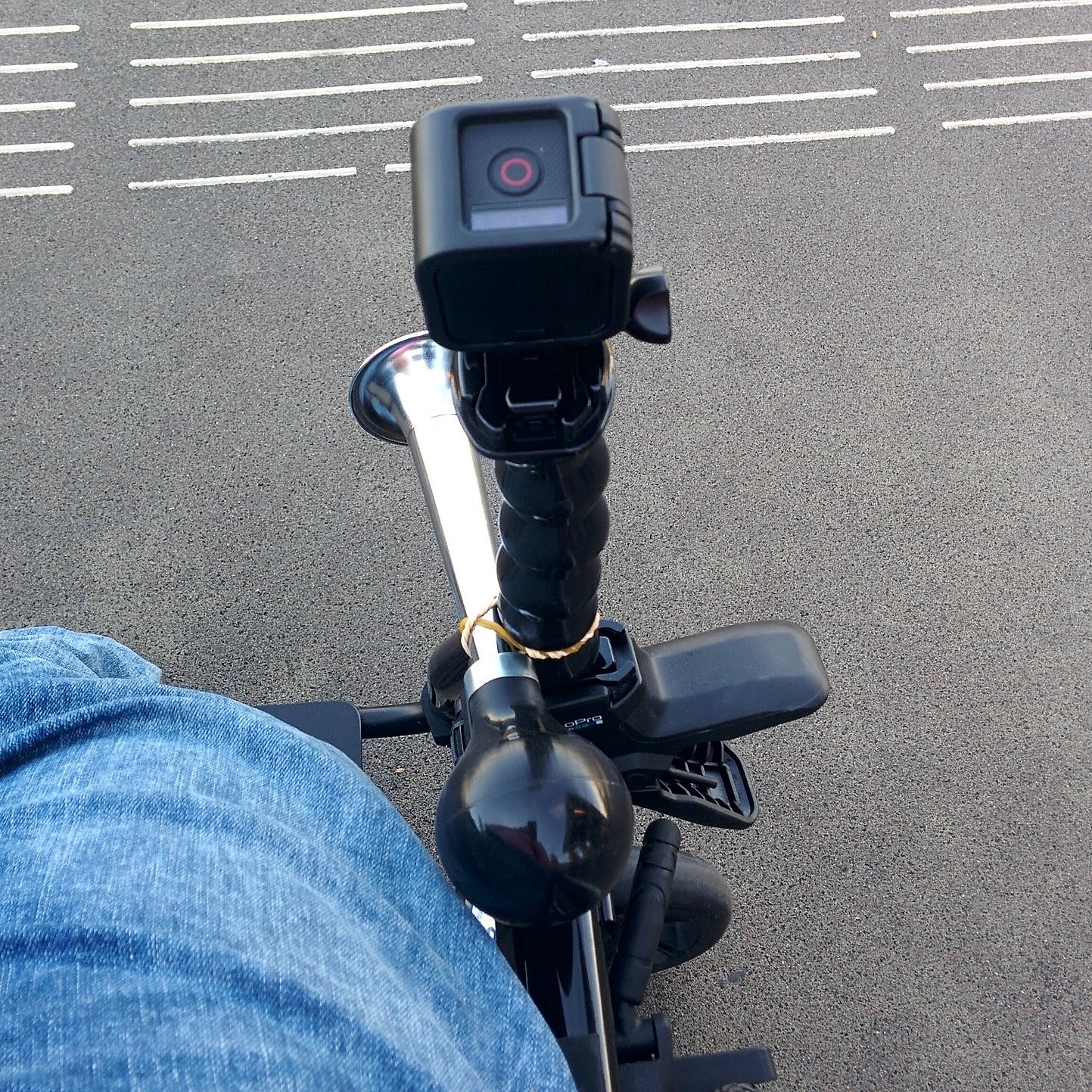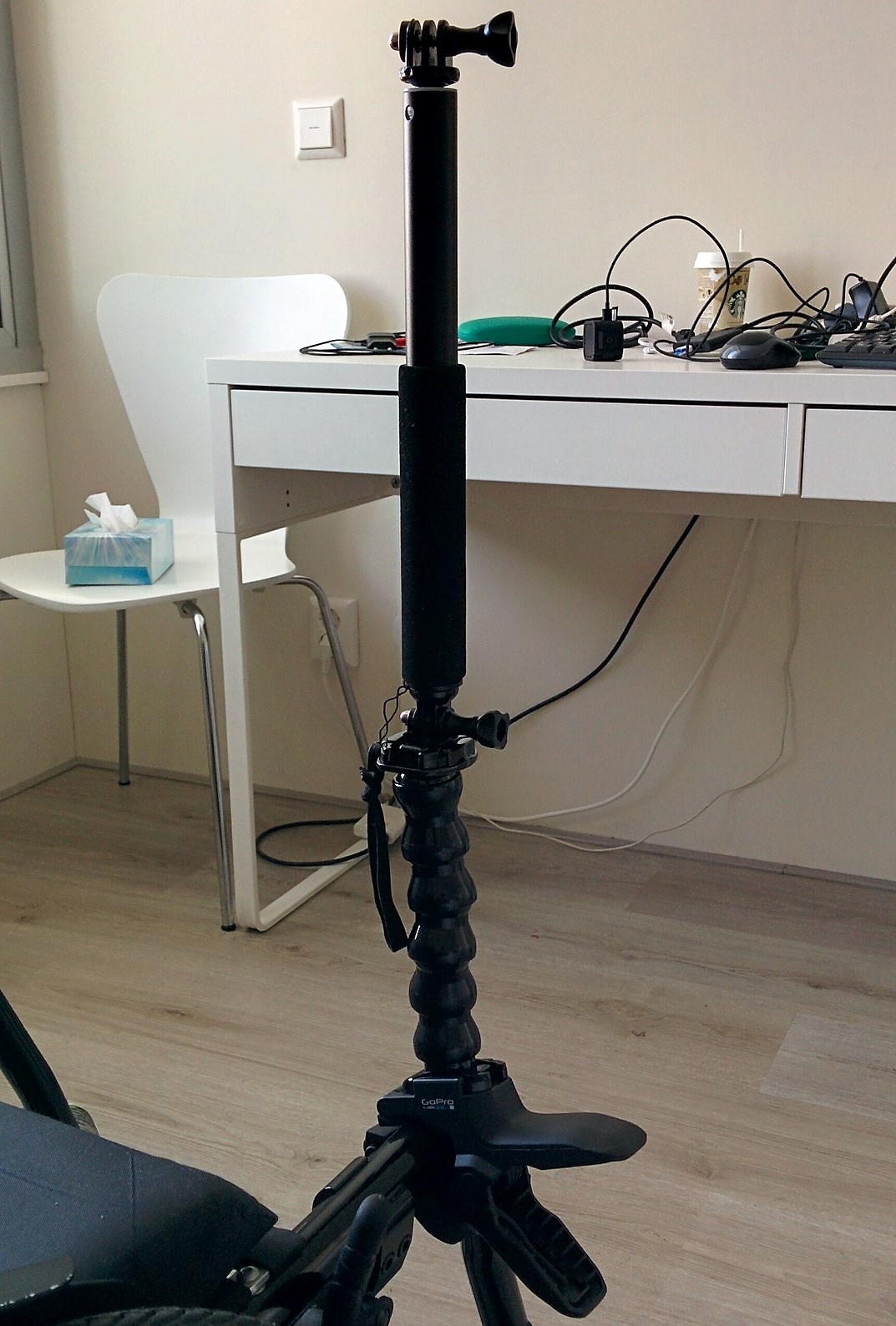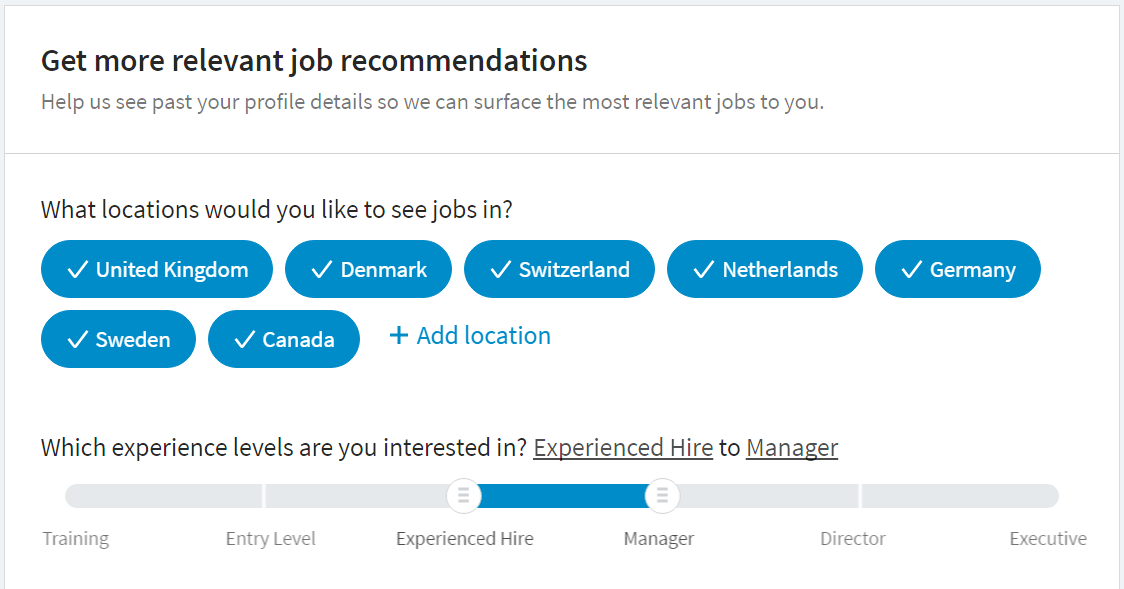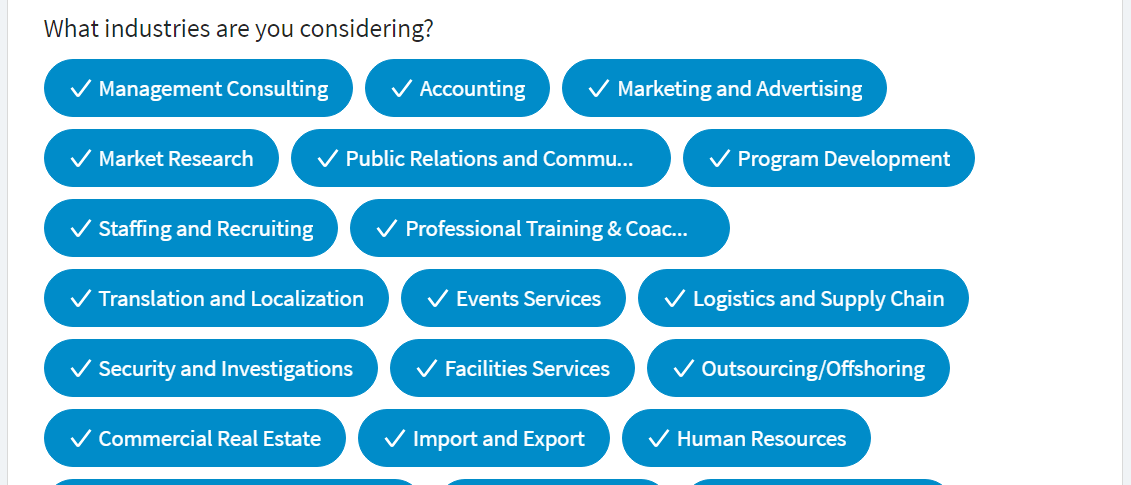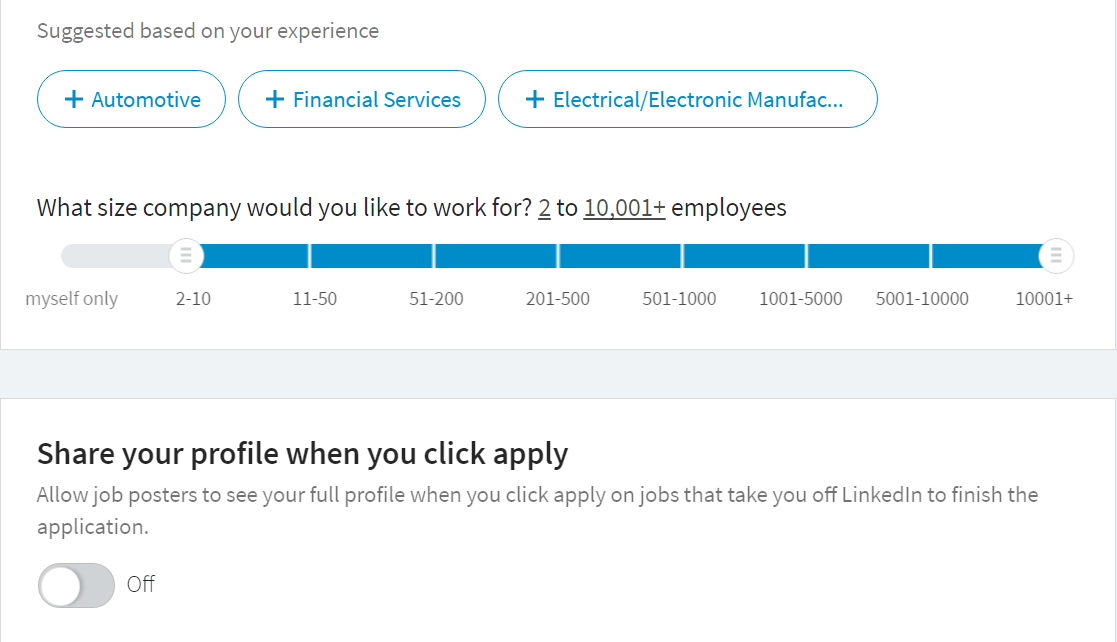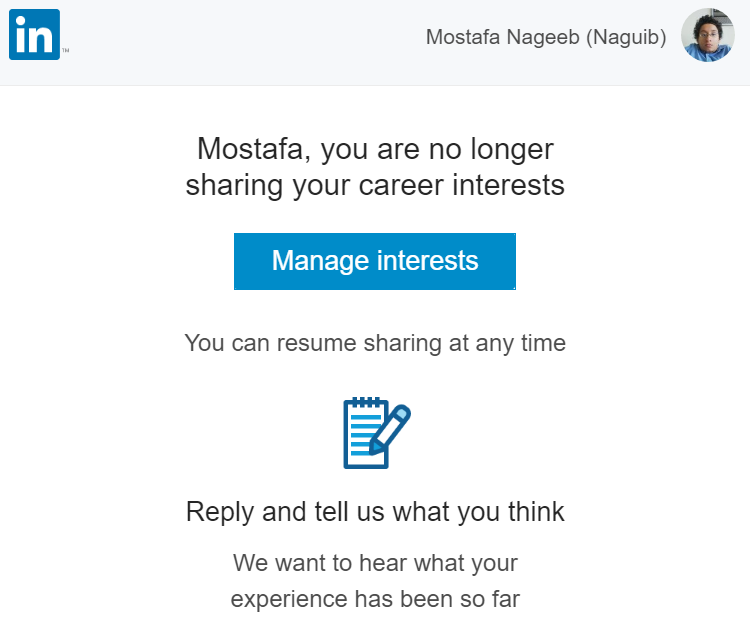Yesterday I saw a Vezeeta ad on Instagram asking me to download the app. I read the news few weeks ago that they raised a new 5 million dollars round. I read in the fundraising release they have 2500 doctors, and their CEO announced on a TV show that they get 24000 reservations per month.
2500 Doctors
You can do a wild search on Vezeeta by not entering anything in the search form and get a list of all the doctors they have. They rank doctors that are bookable on the website first. Doing some binary search, the last bookable doctor they have on the website is on page 182. They display 10 results per page meaning the number of bookable doctors on the platform is 182 * 10 = 1820 (1819 to be exact). This is off by 27% of what they claim to have or the press published.
24000 Reservations per month
Vezeeta charges doctors 100 EGP per month + 30% of every reservation they bring to the doctor. Or 35% with no monthly charges.
To get 24000 reservations per month at a relatively high conversion rate at 2%. Vezeeta should get at least 1.2 million visits/visitors[1] per month. I don’t know how much they spend to acquire each customer but from my previous experience, bedding on doctor keywords doesn’t cont much meaning they could do it on positive unit economics assuming a visit on average costs 100 EGP and they get 30 EGP of it.
In any marketplace, there is the risk of users bypassing the marketplace to do the transaction offline. In doctors this risk is higher, since the transaction happens offline[2].
Taking a cut from the doctor creates the incentive to either make the price on Vezeeta higher, ask users to never book from the website again, or even give them a small 10% discount for not booking from the website. All of this assuming the users will not do this without any incentive because it is easier to befriend the doctor’s assistant and call her directly.
5 million dollars
This is the most mysterious part for me. 5 million dollars is 75 million EGP. Using the existing numbers I can say they make
((1820 Doctor * 100 EGP) + (24000 Reservations * 30 EGP)) * 12 month ~= 9 Million EGP per year
I am curious to see what they are going to do with this money and whether the product will become mainstream and replace the phone. It is tough in the Egyptian market with no interest from doctors to fix their schedules and no respect from patients to appointments.
In fact from our experience building Ekshef we realized appointments are not the problem. Reputation is. Doctor search, discovery, and info is the toughest part in the patient’s journey. With no accountability on doctors, the patients are left to chance on whether this doctor is good or not. I myself suffered from during my long journey with doctors and I still have medical problems because of doctors mistakes that went unaccountable.
Will see.
[1] Some companies calculate conversion by sessions/visits, others by users.
[2] In fact, some other industries like travel, the transaction happens offline. However, part of the reason people still book hotels online is the guarantee they get by using a reputable OTA. If something goes wrong, the OTA will help the customer. Plus travel is an expensive purchase and involves a lot of uncertainty. So it is better to go with a big name as the mediator than to risk going directly to the hotel. Plus most OTAs force hotels to list the same prices as on their website (Price Parity). So the motivation for booking directly almost doesn’t exist on the customer side.
